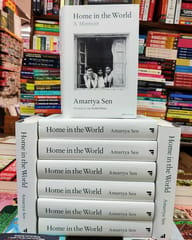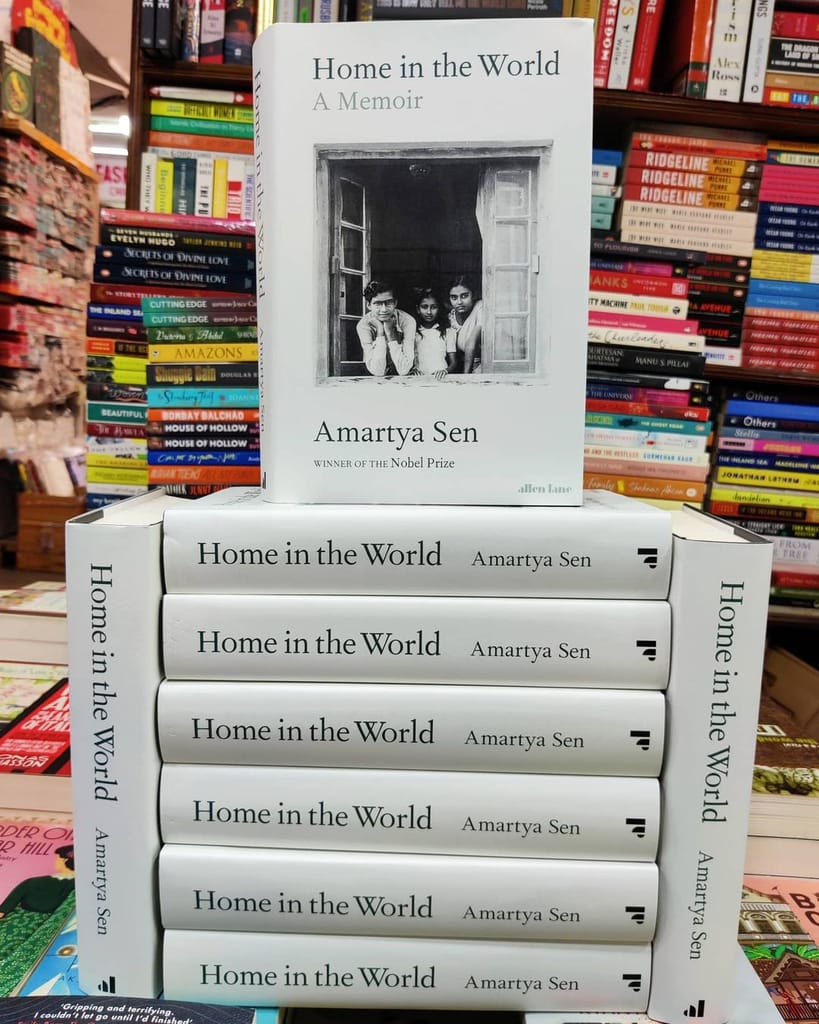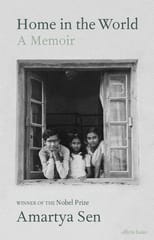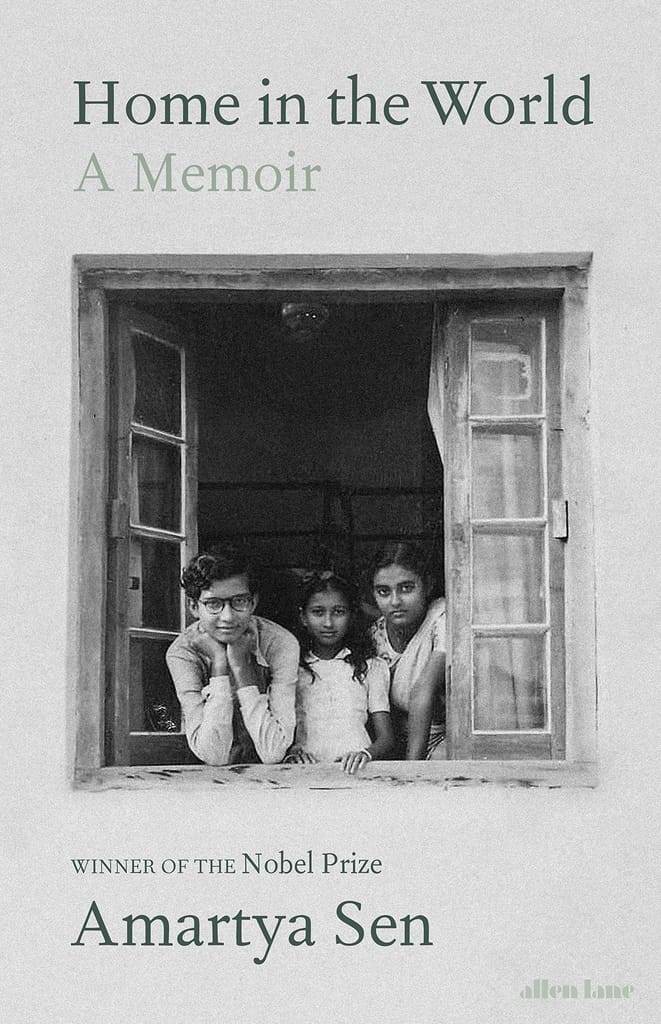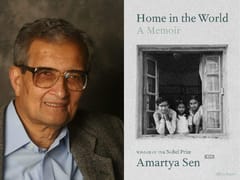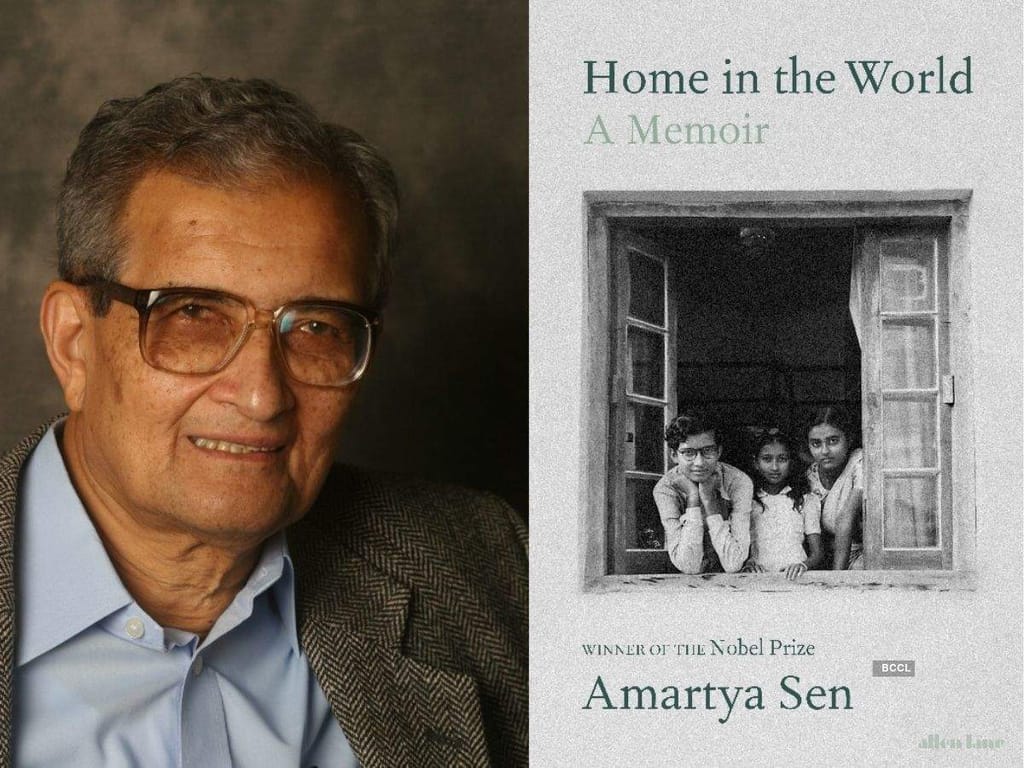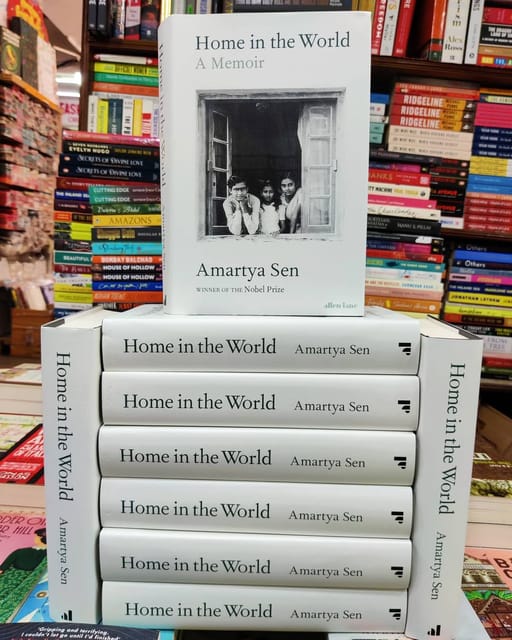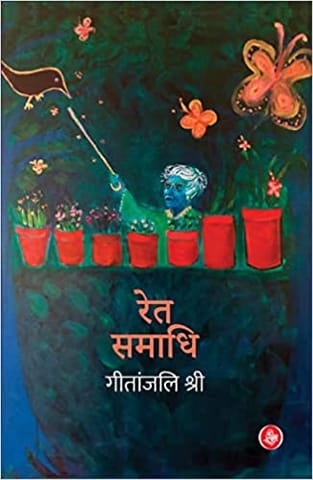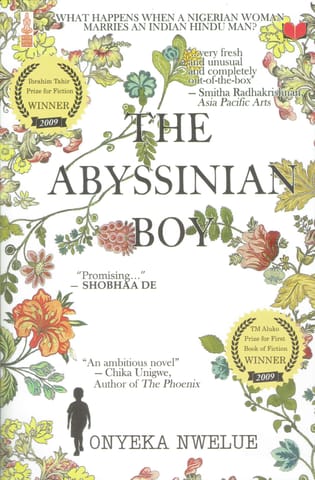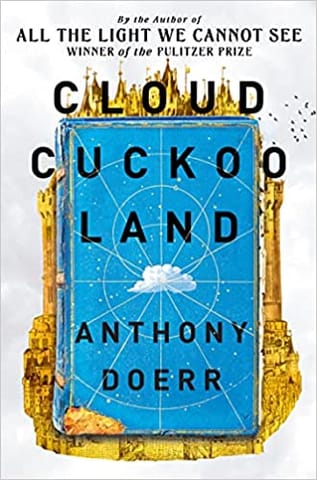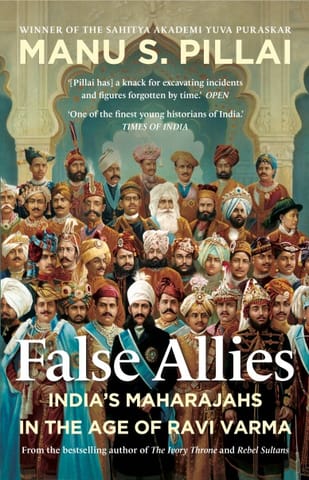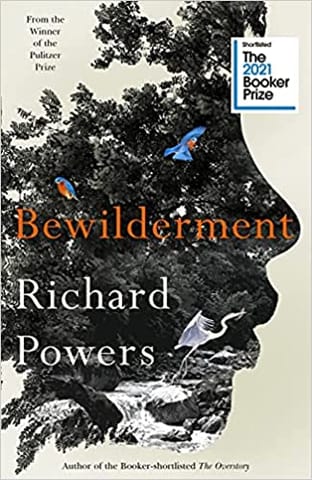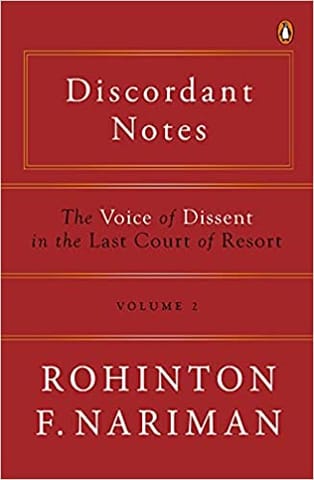-
Contemporary Fiction
- Contemporary Fiction
-
Children
- Children
-
Comics & Graphic Novels
- Comics & Graphic Novels
-
Non-Fiction
- Non-Fiction
-
Fiction
- Fiction
Where is 'home'? For Amartya Sen home has been many places - Dhaka in modern Bangladesh where he grew up, the village of Santiniketan where he was raised by his grandparents as much as by his parents, Calcutta where he first studied economics and was active in student movements, and Trinity College, Cambridge, to which he came aged nineteen.
Sen brilliantly recreates the atmosphere in each of these. Central to his formation was the intellectually liberating school in Santiniketan founded by Rabindranath Tagore (who gave him his name Amartya) and enticing conversations in the famous Coffee House on College Street in Calcutta. As an undergraduate at Cambridge, he engaged with many of the leading figures of the day. This is a book of ideas - especially Marx, Keynes and Arrow - as much as of people and places.
In one memorable chapter, Sen evokes 'the rivers of Bengal' along which he travelled with his parents between Dhaka and their ancestral villages. The historic culture of Bengal is wonderfully explored, as is the political inflaming of Hindu-Muslim hostility and the resistance to it. In 1943, Sen witnessed the Bengal famine and its disastrous development. Some of Sen's family were imprisoned for their opposition to British rule: not surprisingly, the relationship between Britain and India is another main theme of the book. Forty-five years after he first arrived at 'the Gates of Trinity', one of Britain's greatest intellectual foundations, Sen became its Master.
Review
PRAISE FOR AMARTYA SEN
― -With his masterly prose, ease of erudition and ironic humour, Sen is one of the few great world intellectuals on whom we may rely to make sense out of our existential confusion -- Nadine Gordimer
Amartya Sen is one of the most distinguished minds of our time [who] enjoyably mixes moments of profundity with flashes of mischievous provocation -- William Dalrymple ― New York Review of Books
The world's poor and dispossessed could have no more articulate or insightful a champion -- Kofi Annan
An accessible and exceptional humanitarian -- Jon Snow ― New Statesman
Sen is one of the great minds of both the twentieth and twenty-first centuries. We owe him a huge debt -- Nicholas Stern
A distinguished inheritor of the tradition of public philosophy and reasoning - Roy, Tagore, Gandhi, Nehru ... if ever there was a global intellectual, it is Sen -- Sunil Khilnani ― Financial Times
About the Author
- Home
- Best Sellers
- Home in the World: A Memoir
Home in the World: A Memoir
SIZE GUIDE
- Author: Amartya Sen
- Publisher: Allen Lane
- No of Pages 480
- Format Harbound
Book Description
Where is 'home'? For Amartya Sen home has been many places - Dhaka in modern Bangladesh where he grew up, the village of Santiniketan where he was raised by his grandparents as much as by his parents, Calcutta where he first studied economics and was active in student movements, and Trinity College, Cambridge, to which he came aged nineteen.
Sen brilliantly recreates the atmosphere in each of these. Central to his formation was the intellectually liberating school in Santiniketan founded by Rabindranath Tagore (who gave him his name Amartya) and enticing conversations in the famous Coffee House on College Street in Calcutta. As an undergraduate at Cambridge, he engaged with many of the leading figures of the day. This is a book of ideas - especially Marx, Keynes and Arrow - as much as of people and places.
In one memorable chapter, Sen evokes 'the rivers of Bengal' along which he travelled with his parents between Dhaka and their ancestral villages. The historic culture of Bengal is wonderfully explored, as is the political inflaming of Hindu-Muslim hostility and the resistance to it. In 1943, Sen witnessed the Bengal famine and its disastrous development. Some of Sen's family were imprisoned for their opposition to British rule: not surprisingly, the relationship between Britain and India is another main theme of the book. Forty-five years after he first arrived at 'the Gates of Trinity', one of Britain's greatest intellectual foundations, Sen became its Master.
Review
PRAISE FOR AMARTYA SEN
― -With his masterly prose, ease of erudition and ironic humour, Sen is one of the few great world intellectuals on whom we may rely to make sense out of our existential confusion -- Nadine Gordimer
Amartya Sen is one of the most distinguished minds of our time [who] enjoyably mixes moments of profundity with flashes of mischievous provocation -- William Dalrymple ― New York Review of Books
The world's poor and dispossessed could have no more articulate or insightful a champion -- Kofi Annan
An accessible and exceptional humanitarian -- Jon Snow ― New Statesman
Sen is one of the great minds of both the twentieth and twenty-first centuries. We owe him a huge debt -- Nicholas Stern
A distinguished inheritor of the tradition of public philosophy and reasoning - Roy, Tagore, Gandhi, Nehru ... if ever there was a global intellectual, it is Sen -- Sunil Khilnani ― Financial Times
About the Author
User reviews
NEWSLETTER
Subscribe to get Email Updates!
Thanks for subscribing.
Your response has been recorded.

India's Iconic & Independent Book Store offering a vast selection of books across a variety of genres Since 1978.
"We Believe In The Power of Books" Our mission is to make books accessible to everyone, and to cultivate a culture of reading and learning. We strive to provide a wide range of books, from classic literature, sci-fi and fantasy, to graphic novels, biographies and self-help books, so that everyone can find something to read.
Whether you’re looking for your next great read, a gift for someone special, or just browsing, Midland is here to make your book-buying experience easy and enjoyable.
We are shipping pan India and across the world.
For Bulk Order / Corporate Gifting
 +91 9818282497 |
+91 9818282497 |  [email protected]
[email protected]
Click To Know More
INFORMATION
POLICIES
ACCOUNT
QUICK LINKS
ADDRESS
Shop No.20, Aurobindo Palace Market, Near Church, New Delhi

